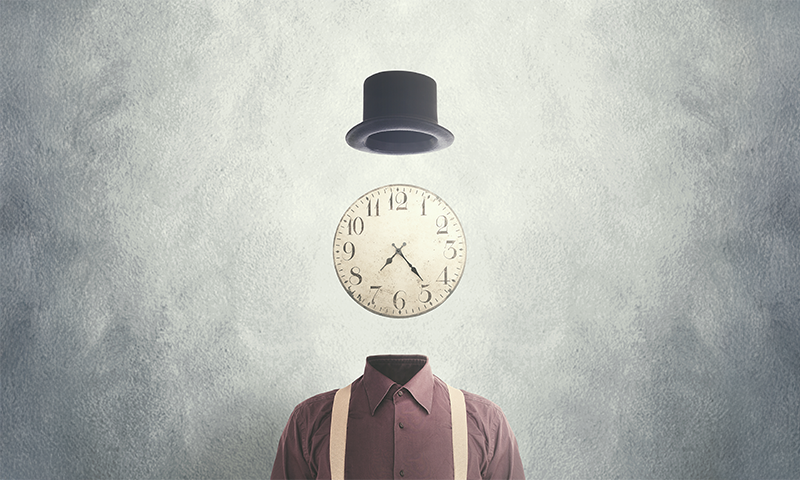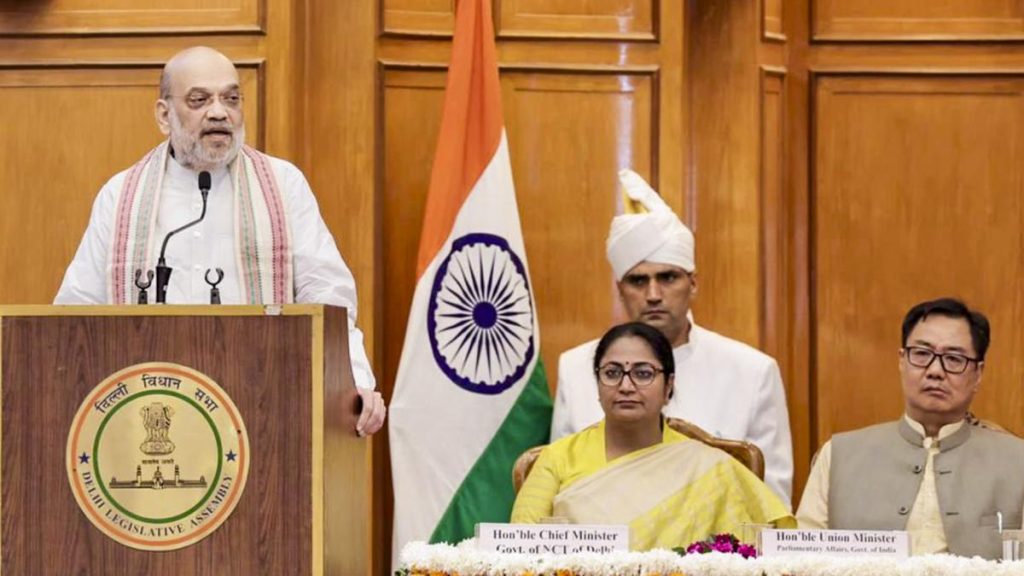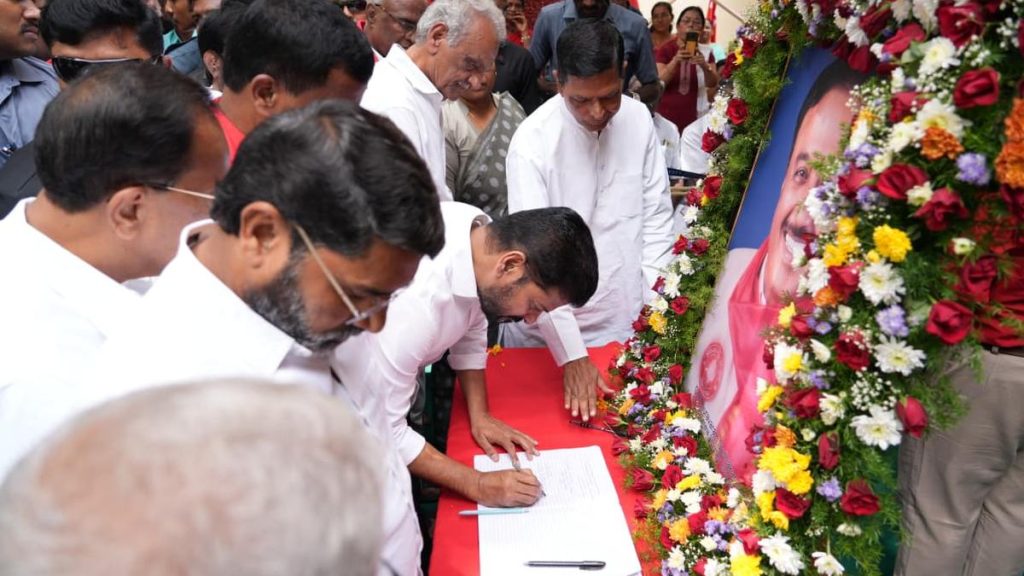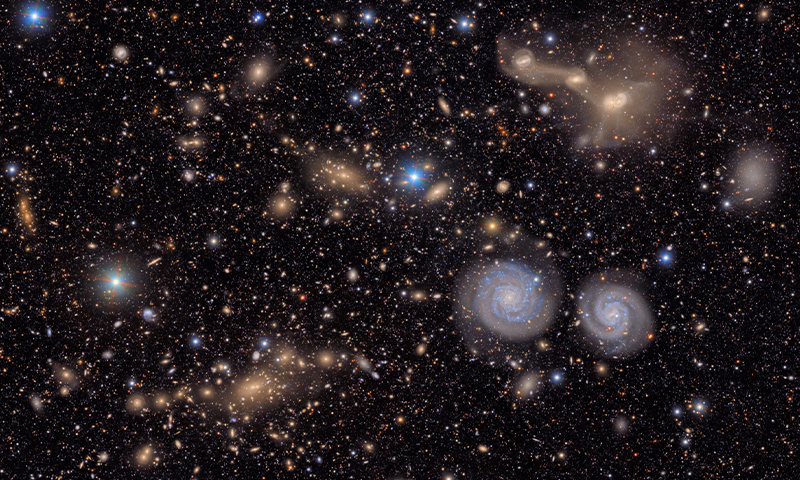Now Reading: India’s Eternal Question: What Determines Time?
-
01
India’s Eternal Question: What Determines Time?
India’s Eternal Question: What Determines Time?

Speedy Summary:
- Dean Buonomano, a neuroscientist at UCLA, explores how the brain perceives and processes time. He asserts that there isn’t a centralized “clock” in the brain; instead, networks of neurons (“neural dynamics”) collaborate to create patterns that allow humans to measure time.
- The circadian clock-one of our most primitive biological timers-is reliant on biochemical feedback loops and doesn’t require a brain. It is evolutionarily linked to Earth’s rotation.
- Humans uniquely engage in “mental time travel,” recalling past events and imagining future scenarios-a cognitive tool tied to language development and crucial for planning innovations like agriculture.
- Neuroscience faces tensions with physics over interpretations of time: whether “presentism” (only the present exists) or “eternalism” (all moments coexist as a ‘block universe’) is accurate.
- Time flow perception might potentially be an adaptive evolutionary trait rather than reflecting objective physical reality.
- Mathematical models help overcome limitations in human understanding around abstract concepts such as quantum mechanics and temporal cognition.
Image:
!Dean Buonomano
Indian Opinion Analysis:
Buonomano’s exploration reveals compelling insights about humanity’s unique capacity for perceiving and utilizing time cognitively, which resonates deeply with Indian philosophical paradigms surrounding temporality (“Kala”).Ancient Indian texts have long acknowledged humanity’s ability for mental retrospection and projection-principles similar to what modern neuroscience terms mental time travel.For India, rooted historically in innovations influenced by cyclical notions of time (such as agricultural practices guided by seasons), this research bolsters cultural connections between experiential knowledge systems and empirical science. Moreover, Buonomano’s discussion on evolving neural limitations aligns with India’s growing focus on advancing mathematics-driven technologies like artificial intelligence – tools capable of broadening intellectual frontiers beyond human biases.
This ongoing dialog between neuroscience, physics, philosophy, and technology has critical implications for India’s academic institutions emphasizing interdisciplinary approaches while preserving customary wisdom systems. beyond furthering intellectual scholarship globally relevant fields like neurobiology could promote wider access within India through enhanced scientific outreach programs related directly innovative societal workflows bridged uniquely mind-map-science!

























